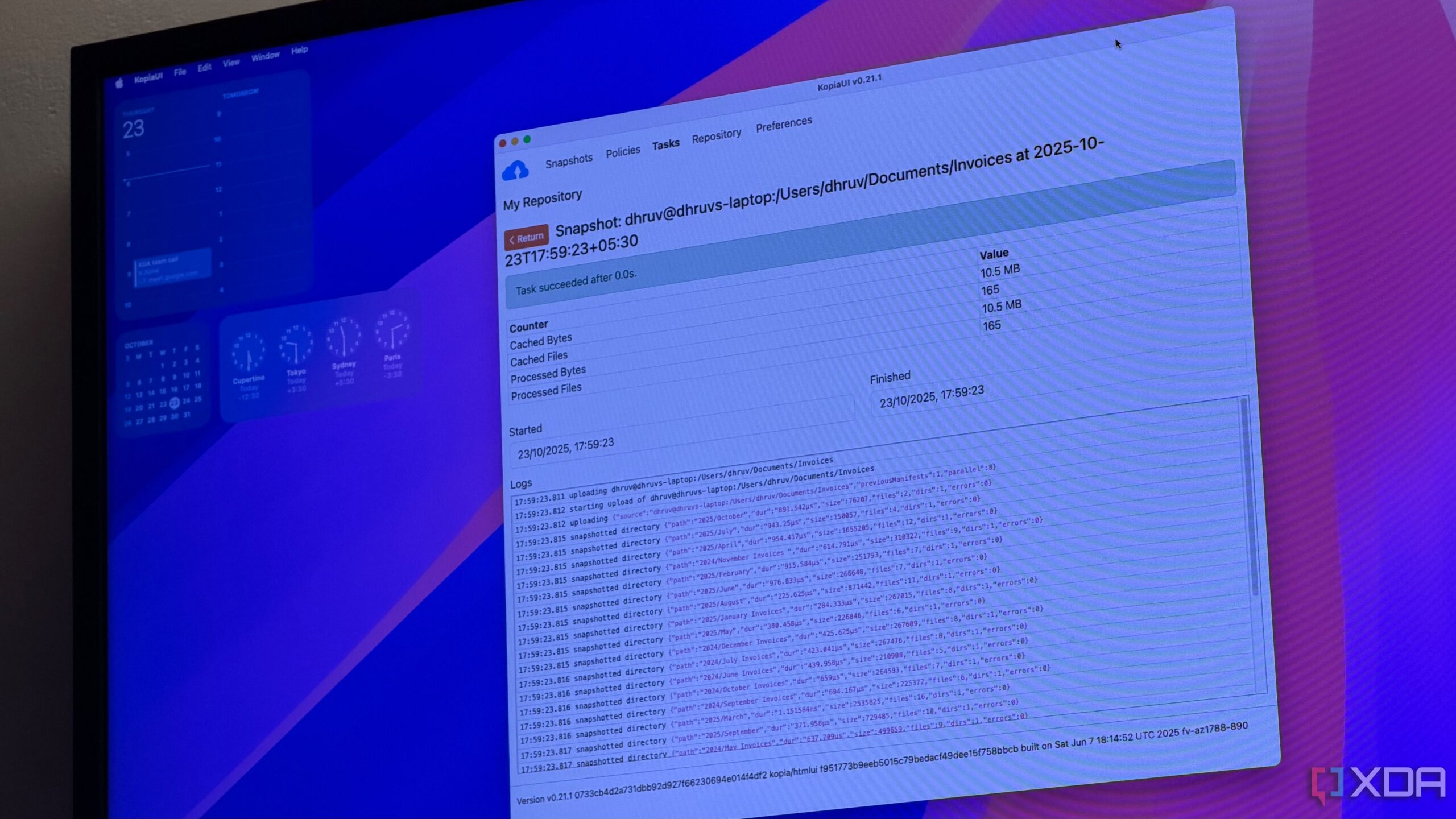URGENT UPDATE: The open-source community is in turmoil as developers have just announced significant changes to MinIO, a widely used self-hosted, S3-compatible object storage solution. Users are being urged to abandon MinIO for Garage, a free and user-friendly alternative, amid concerns over MinIO’s recent updates that drastically limit vital admin functions in its community edition.
These changes have left home labbers, small teams, and independent developers scrambling for alternatives. As of October 15, 2023, the frustration surrounding MinIO’s shift towards a commercial model has sparked immediate discussions on social media platforms, with users expressing their need for reliable options to safeguard their data.
Garage is emerging as the leading contender, designed to fulfill the community’s demand for a truly open-source, S3-compatible storage solution. Developed by a non-profit organization, Garage is built to prioritize decentralization and privacy, providing the reliability users expect without the looming threat of feature restrictions.
What makes Garage stand out? Unlike MinIO, which many feel has strayed from its open-source roots, Garage remains committed to simplicity and resilience. It operates as a distributed object storage system, automatically splitting and replicating files across multiple servers. This built-in redundancy ensures that even if one component fails, your data remains safe and accessible.
Garage has minimal hardware requirements, running efficiently on devices as modest as a Raspberry Pi or a simple Synology NAS. Users only need a reasonable CPU and about a gig of RAM, making it an accessible choice for a broad audience. Installation is straightforward through Docker, and configuration is managed via a terminal interface, making it ideal for tech-savvy users.
Moreover, Garage’s complete compatibility with S3 means that existing tools such as Restic, Duplicati, and Nextcloud can be easily integrated, allowing for seamless transitions for those migrating from MinIO.
The focus on reliability and user control is evident in Garage’s design. Initial setups can start small with a single node, but it is highly recommended to expand to at least three nodes for optimal redundancy. This flexibility allows users to adapt to their specific network configurations without significant complexity.
The urgency for a transition is palpable. Users of MinIO are quickly realizing that the software’s commercial pivot is a warning sign about the future of open-source projects. As the community grapples with these changes, the message is clear: trust in your data management tools is paramount, especially when storing crucial information like archives and personal photos.
Garage provides a reassuring alternative, promising consistent functionality without the fear of corporate-driven limitations. With its non-profit backing, users can feel secure knowing that the focus remains on community needs rather than profit margins.
If you are still using MinIO, it’s critical to consider a switch to Garage now. This lightweight, fully open-source solution meets all your storage needs, offering compatibility with essential backup and sync utilities. As the landscape of self-hosted storage evolves, Garage is poised to become a staple for those prioritizing accessibility, resilience, and community-driven development.
The time to act is NOW. Make the switch to Garage and ensure your data’s safety and reliability for years to come.






































































